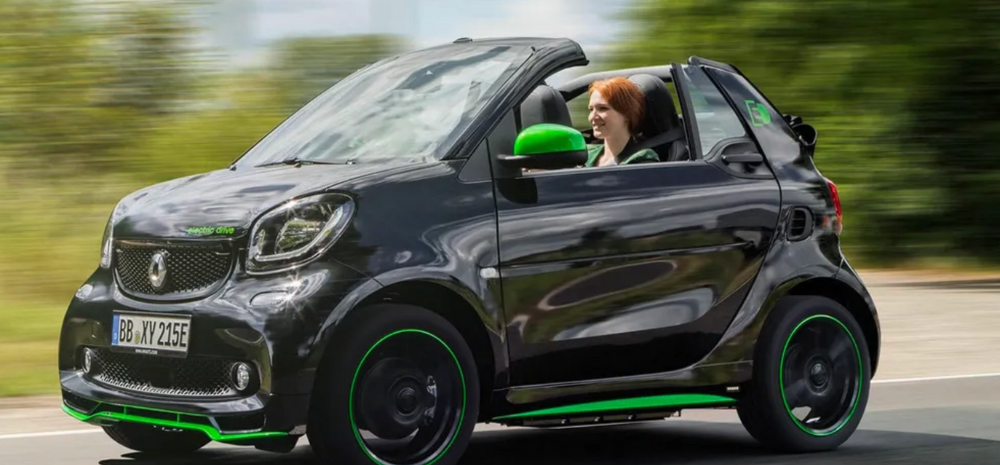The Biden administration is looking into “smart cars” manufactured in China because of possible espionage and data collection issues that raise national security concerns. The investigation attempts to stop China from tracking Americans and gathering sensitive data by exploiting cutting-edge technology in connected and electrified automobiles.

Biden Looking Into Smart Cars Manufactured in China; Suspects Espionage
President Biden highlights the need to protect the privacy of American citizens and stop China from controlling the global auto industry. Connected automobiles, according to Commerce Secretary Gina Raimondo, are “smartphones on wheels” that present significant threats to national security.
Data collection, bad actors manipulating remotely, and potential cyber dangers from Chinese-connected automobiles are among the concerns. Biden’s actions are criticized by China’s Foreign Ministry as discriminatory, excessive, and directed towards specific nations.
The Commerce Department intends to look into the threats to national security that linked cars from China and other adversarial nations represent. In order to create rules governing the use of technology in cars, the investigation is looking for feedback from the public and the automotive sector.
Tariffs prevent Chinese automakers from accessing the American market, but some may choose to bear extra costs in order to increase exports. The Alliance for Automotive Innovation encourages tight cooperation with the car sector and backs Biden’s objective of safeguarding public safety.
European Union Opens Trade Probe Investigating Chinese Subsidies
Data security of connected automobiles is essential to national security, as acknowledged by the Alliance for American Manufacturing. The group demands immediate action to counter the threat posed by Chinese automobiles, including increased tariffs and restrictions on tax incentives.
Concerned about growing imports, the European Union has also opened a trade probe investigating Chinese subsidies for electric vehicles. Chinese automakers are moving more and more of their manufacturing abroad; EV behemoth BYD just announced intentions to open its first plant in Europe.
Jim Farley, the CEO of Ford, cautions against trying to compete with Chinese automakers in the electric vehicle market. Connected cars with advanced technologies might have features like driver assistance, navigation, and lower carbon emissions.
The acquisition of automotive systems or data by a foreign authority may give birth to new vulnerabilities and hazards. Under Biden’s executive directives, the probe is the first step being done to safeguard domestic technology and information.
Regulators in the US must strike a compromise between security issues and preventing low-risk transactions that are necessary for vehicle safety devices. The investigation highlights more general worries regarding China’s sway over the world auto industry and its consequences for both economic competitiveness and national security.












